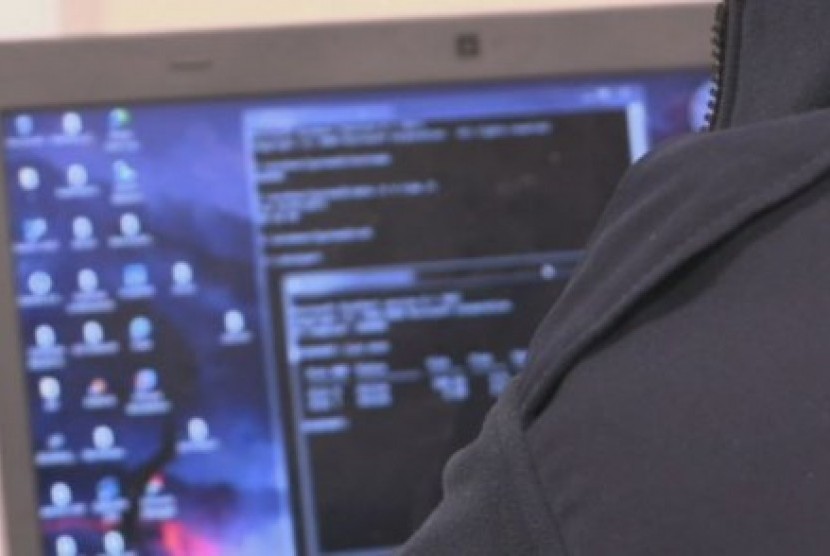REPUBLIKA.CO.ID, JAKARTA -- Ransomware or a malicious software that has been attacking a large amount of systems, websites, and other networks, remains ranked as the world's most leading cyber threat, an expert informed Antara here on Wednesday.
During the special interview session with the Indonesian news agency, the Asia Pacific Business Development Director of Irdeto, Bradley Prentice said, Ransomware has become common problems to not only public sector, but also private companies.
"There are so many types of cyber threat today, but Ransomware is the most common, and the big one that occurring right now," the director of a Dutch-based cyber-security company said in Jakarta, Wednesday.
According to Prentice, the hackers' motives today were no different with the perpetrators in the decades earlier, because both criminals were motivated to receive ransom or cash from the victim.
"Some companies, for example, were once hit by a product tampering. It is a malicious attack that committed by some individuals who were deliberately sabotaged certain products. These people would go into a physical shop, and tampered the targeted products, by injecting poison to let's say a painkiller for headache," he explained.
The products, Prentice further said, went to several stores, and somehow, there were victims.
"People dead, and after the Police conducting a full investigation, they found out the painkiller had caused the death. That case would almost kill the company," Prentice remarked.
Some individuals who were committing the crime, may disrupt the image of that drug company because of the money (ransom).
"That may be the old form of Ransomware. Back then product tampering was very successful (threatening companies), but it was malicious, because people got killed," he noted.
However now, the threat may perform online, he reiterated.
"There is a kind of a new threat, for instance, in an automotive company. These hackers do not want to kill people, but they want to cause people become inconvenient. The case, there were ten thousands of cars in Indonesia that got hacked, and these machines had similar issues in their warning lights, that should be fixed by the manufacturer," he stated.
All of a sudden, Prentice added, the manufacturer received complaints from these ten thousands cars, and in the same time, the hackers contacted the dealer, offered a help.
"The hackers told the manufacturer, instead of losing 10 million dollar to fix all the cars, the dealer could only give these perpetrators one million dollar, and the problem would be solved. Following the case, that is the different way to look at it (the cyber threat) right now," he remarked.
He then further explained, amid the significant development of Internet of Things (IoT), in which, most devices, including smartphones, transportation systems, financial institutions, even home appliances were connected online, people were more threaten by cyber attacks, such as the malicious software, data piracy, as well as the disruption to the services.
"What is amazing now, we can control so much in our lives. With these devices that were linked through the over the top (OTT) networks, such as cloud services, WiFi, or plug in cable, we could connect to every system online, but people now become more vulnerable," he remarked.
Prentice said, the Internet of Things has significantly flourished in most regions in the world, mainly in Southeast Asia for over a decade.
"What happens when I first came to Singapore in 1996, I don't even have a cellphone. What we're doing today, it is a light years away, 21 years now. Everyday I wake up, I couldn't believe that the technology and the ability we have to communicate and control our lives through technology, but we are extremely vulnerable," he reiterated.
Most device users, according to him, would expect the manufacturer or service providers would provide the security people need.
"However, as a user, everyone should take any appropriate steps to ensure, he/she was not exposed to the threat," he added.
During the similar occasion, Prentice shared some simple steps to start anticipating the cyber threats.
"Increase your level of awareness, then conduct an assessment, and plan accordingly, these were the first steps," he said.
Apart from the actions, he also said, the authority need to incorporating the cyber-security program into a formal education.
"I think, the students need to learn about the technology along with its risks, that has to be incorporated into a formal education. Another thing is about the coding language. It has to be enforced into part of the school as well," he remarked.


